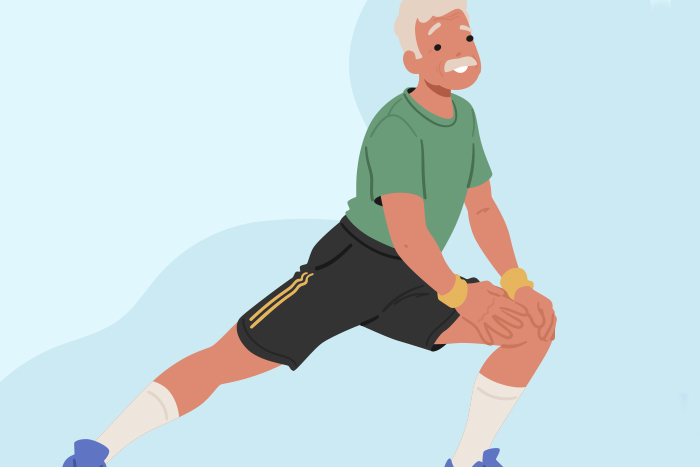Help Manage Your Anxiety Through Lifestyle Changes
Anxiety can sneak up on us, making it hard to relax or enjoy the day. But the good news is that small lifestyle changes can help bring big relief. You don't have to make dramatic shifts—simple habits, added little by little, can help calm your mind, ease your body, and bring back a sense of peace.
In this article, we’ll explore drug-free ways to manage anxious feelings and create a more balanced routine.
Move Your Body Every Day
When you're feeling anxious, your body fills with extra energy. Light movement is one of the best ways to release that tension.
Go for a short walk. Even 10–15 minutes around your neighborhood can boost your mood.
Try gentle stretches or chair yoga. These help relax tight muscles and calm racing thoughts.
Gardening, dancing, or simple chores also count as healthy movement!
Exercise releases "feel-good" chemicals in your brain, which help lower anxiety naturally. And the best part? You don’t need a gym membership—just a little space and some comfortable shoes.
Practice Deep Breathing and Meditation
When you’re anxious, your breathing often becomes fast and shallow. Slowing your breath down can send a signal to your body: It’s safe to relax.
Try this simple breathing exercise:
Breathe in slowly through your nose for a count of four.
Hold your breath for a count of four.
Breathe out slowly through your mouth for a count of six.
Repeat for a few minutes until you feel calmer.
Meditation can help too. Just sitting quietly and focusing on your breath or listening to calming music can lower your stress levels. You don’t have to "empty your mind"—just noticing your breathing or how your body feels is enough to help.
Eat Well and Stay Hydrated
What you eat and drink can have a big impact on your mood.
Eat more fruits, vegetables, and whole grains. These foods feed your brain the nutrients it needs to stay balanced.
Limit caffeine and sugar. Both can spike your heart rate and make anxious feelings worse.
Drink plenty of water. Even mild dehydration can make anxiety feel worse.
A balanced diet helps your body manage stress better and gives you the steady energy you need to get through the day.
Stay Connected to Your Support Systems
When anxiety hits, it's easy to want to pull away from others. But connection is one of the best natural remedies for anxious feelings.
Call a family member or friend just to chat.
Join a local senior group or faith community.
Volunteer—helping others often helps us feel better, too.
Talking about how you feel can lighten the load. Even sharing a laugh with someone over the phone can do wonders for your mood and help you feel less alone.
Make Sleep a Priority
Poor sleep and anxiety go hand-in-hand. Creating a calm bedtime routine can help you get the rest you need.
Stick to a regular sleep schedule by going to bed and waking up at the same time each day.
Turn off screens (TV, phone) an hour before bed.
Create a relaxing ritual like reading a book, listening to soft music, or taking a warm bath.
Better sleep often leads to better moods and lower anxiety during the day.
Give Yourself Grace
Remember, managing anxiety is a journey. Some days will feel easier than others—and that's okay. Be gentle with yourself. Celebrate the small victories, like taking that walk or calling a friend. Over time, these small steps can lead to big changes in how you feel.
And if anxiety still feels too heavy, it’s always okay to ask for help. A doctor or counselor can help you find the support you need.
Sources:
Mayo Clinic: 11 tips for coping with an anxiety disorder
Harvard Health: Treating anxiety without medication
Harvard Health: Overcoming anxiety
National Council on Aging: Anxiety and Older Adults: A Guide to Getting the Relief You Need

